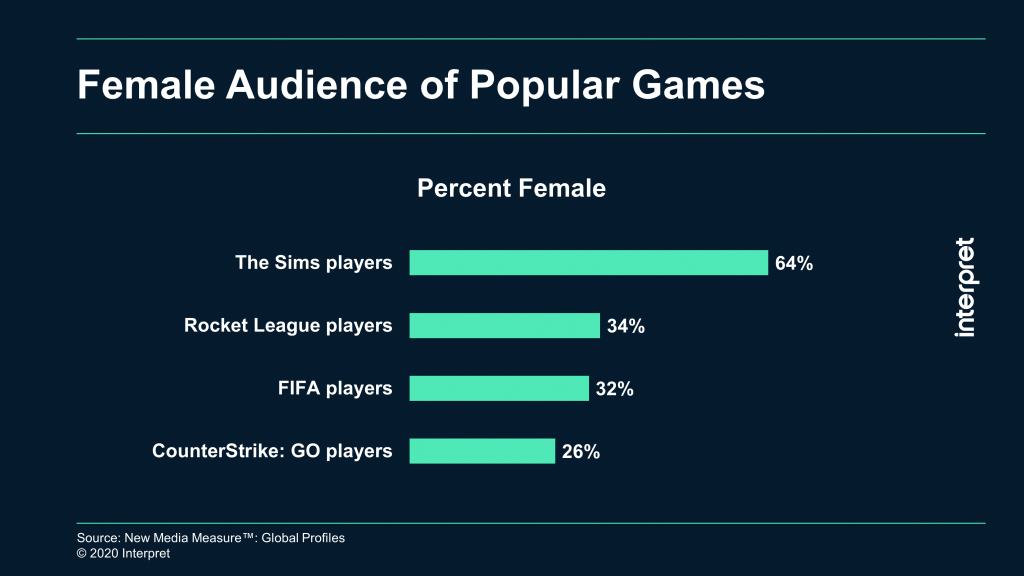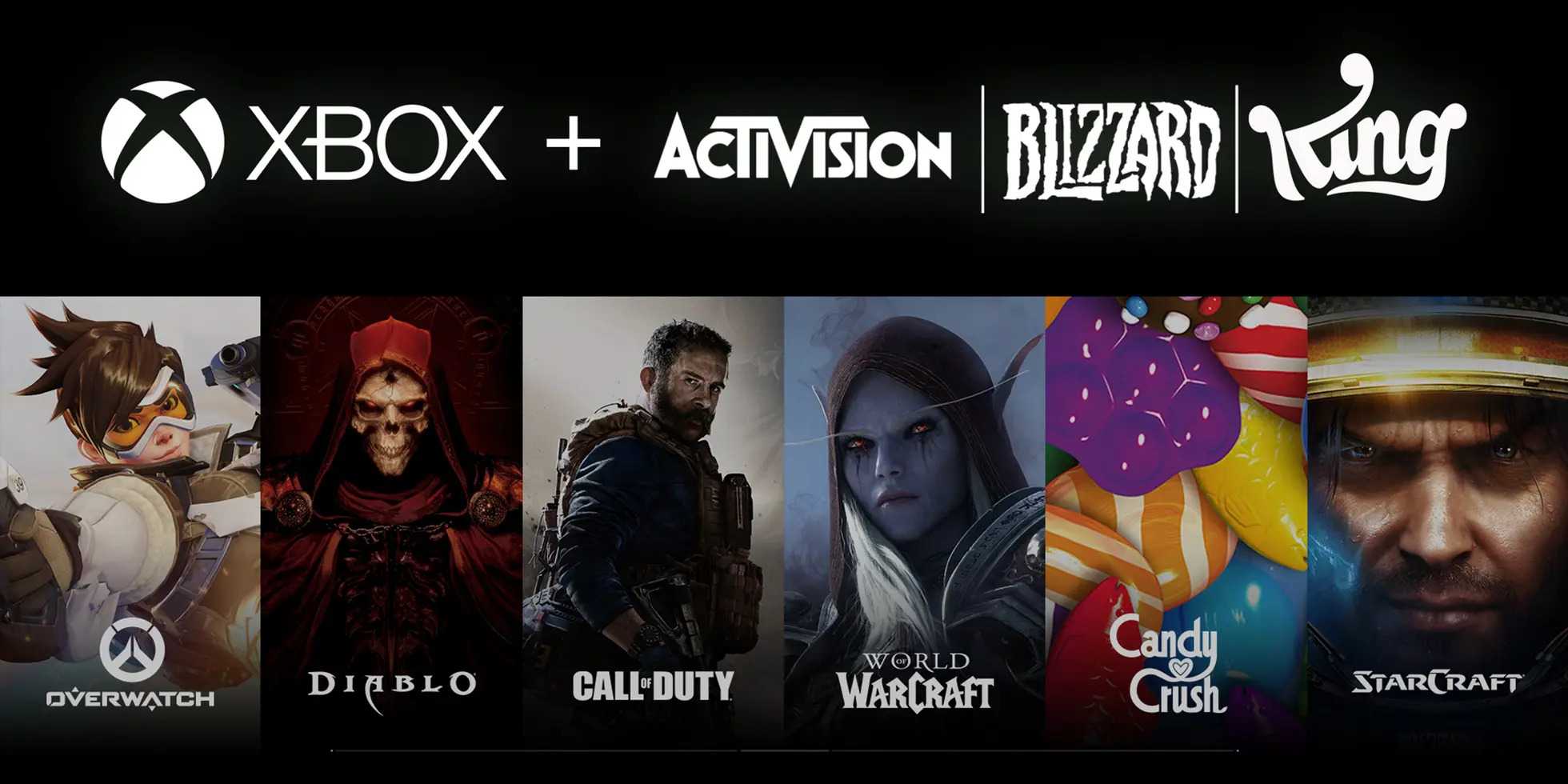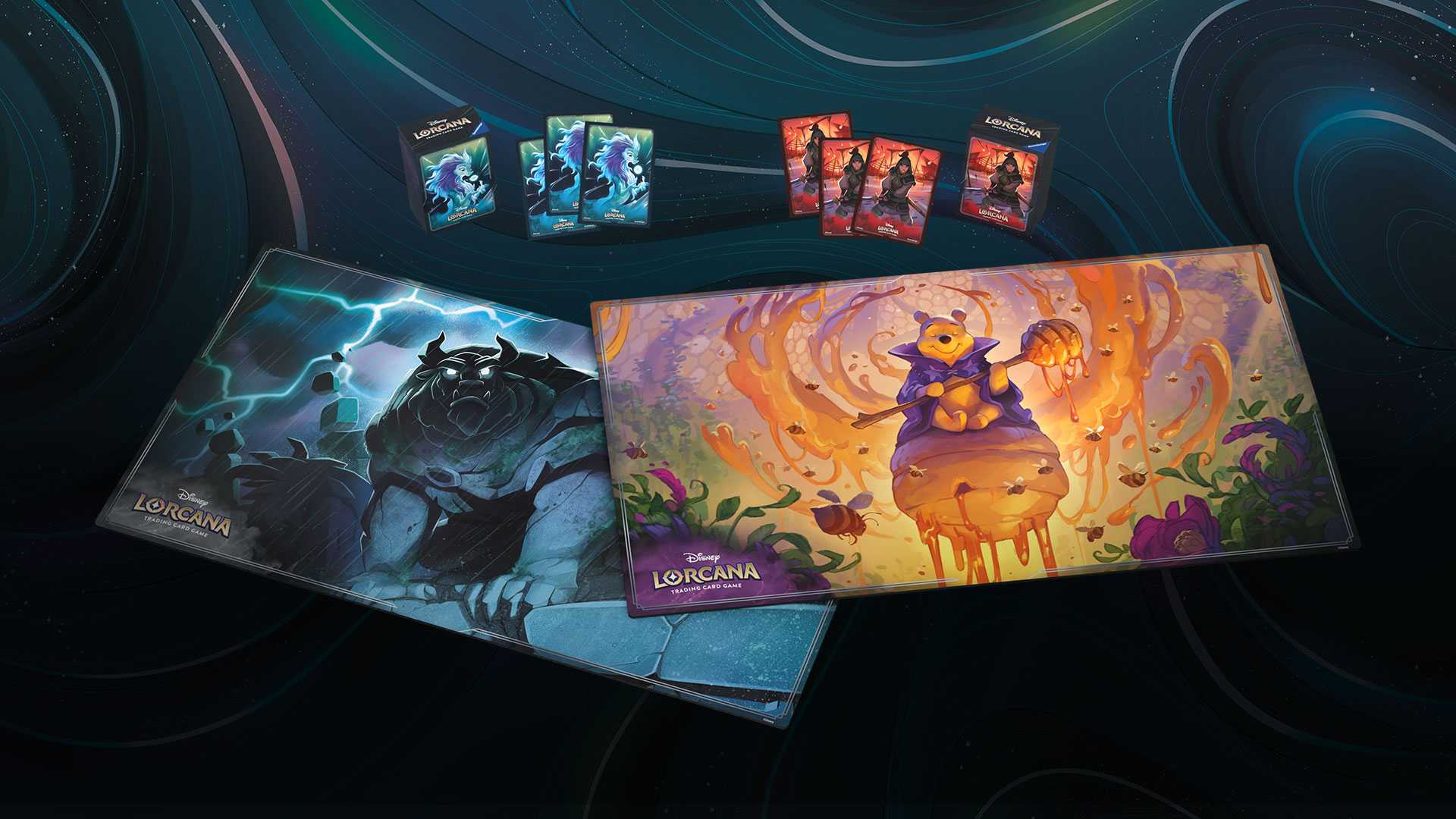Few game franchises have had the level of success and mainstream appeal of Will Wright’s brainchild, The Sims. Created in 2000, the life simulation series has been around about half as long as Nintendo’s Mario but is proving to have similar legs. The Sims has sold hundreds of millions of copies worldwide and generated over $5 billion in revenue. Engagement has been fueled by EA’s live-service approach, and the publisher is wisely capitalizing on cultural touchstones, including the rise of esports and a passion for Star Wars.
In the last month, EA partnered with TBS’s Eleague and BuzzFeed’s Multiplayer YouTube channel to launch The Sims Spark’d, a kind of reality TV show designed to add some competitive spice to a game that’s the antithesis of a typical shooter. The Sims Spark’d drew over 4 million viewers and the second-highest percentage of female viewers than any other TBS Eleague show in 2020. Not only did this validate EA’s thinking about broadening its esports approach, but it fit perfectly with TBS’ desire to appeal to a more casual audience.
According to Interpret’s NMM: Global Profiles®, about two-thirds (64%) of The Sims’ audience is female. That’s in stark contrast to other esports broadcast on Eleague like Rocket League (34% female player base), FIFA (32%), and CS:GO (26%).
EA’s Star Wars license (which it’s held since 2013) has also been put to good use. At the end of August, the publisher revealed a story-driven expansion for The Sims called Star Wars: Journey to Batuu. This expansion enables players to follow a narrative arc, a novel experience within the The Sims universe where players are typically asked to “tell their own stories.” Much like Epic Games’ approach to Fortnite, it’s clear that the game is a jumping off point for much bigger entertainment integrations. EA’s chief studios officer Laura Miele acknowledged to The Washington Post recently that the goal is to incorporate relevant trends from “music, fashion, design and architecture, or in TV and media” within The Sims world going forward.







